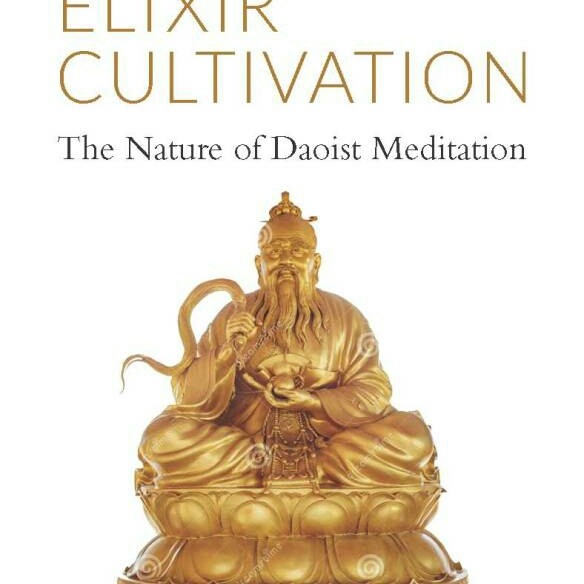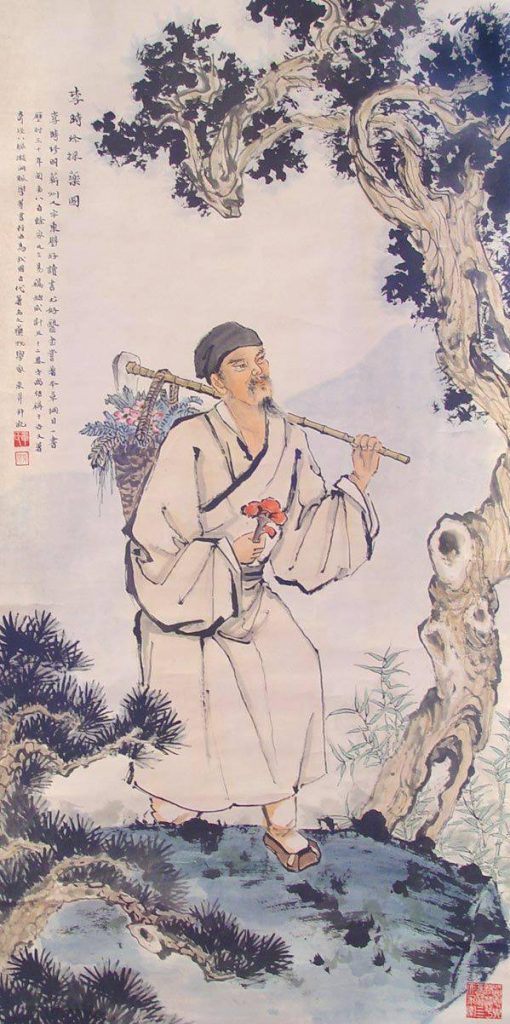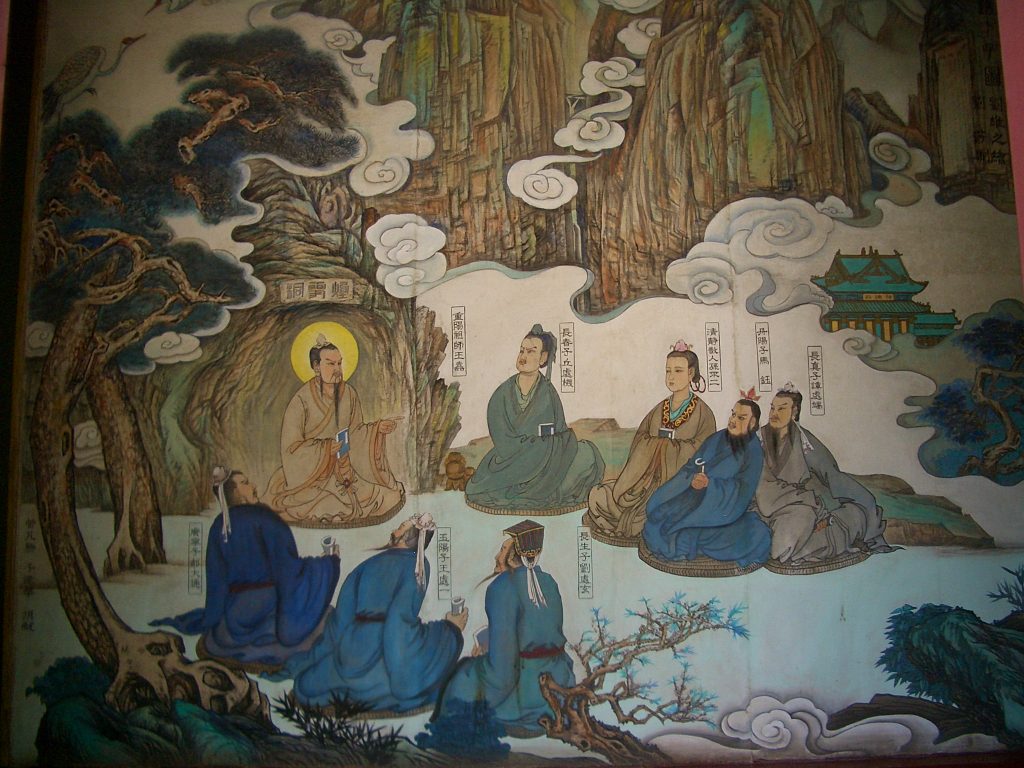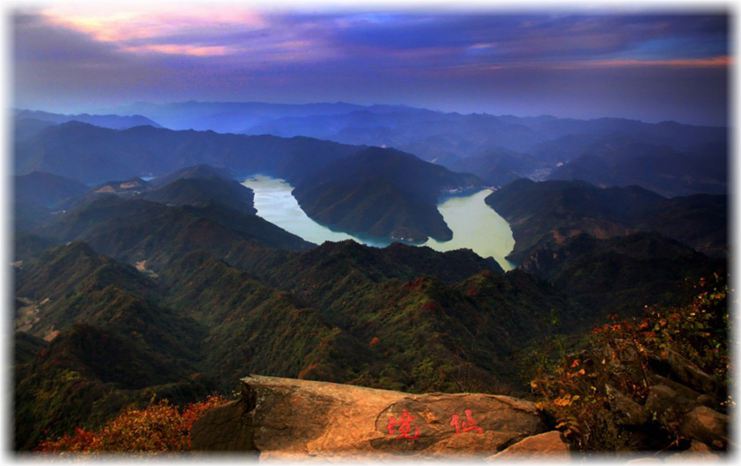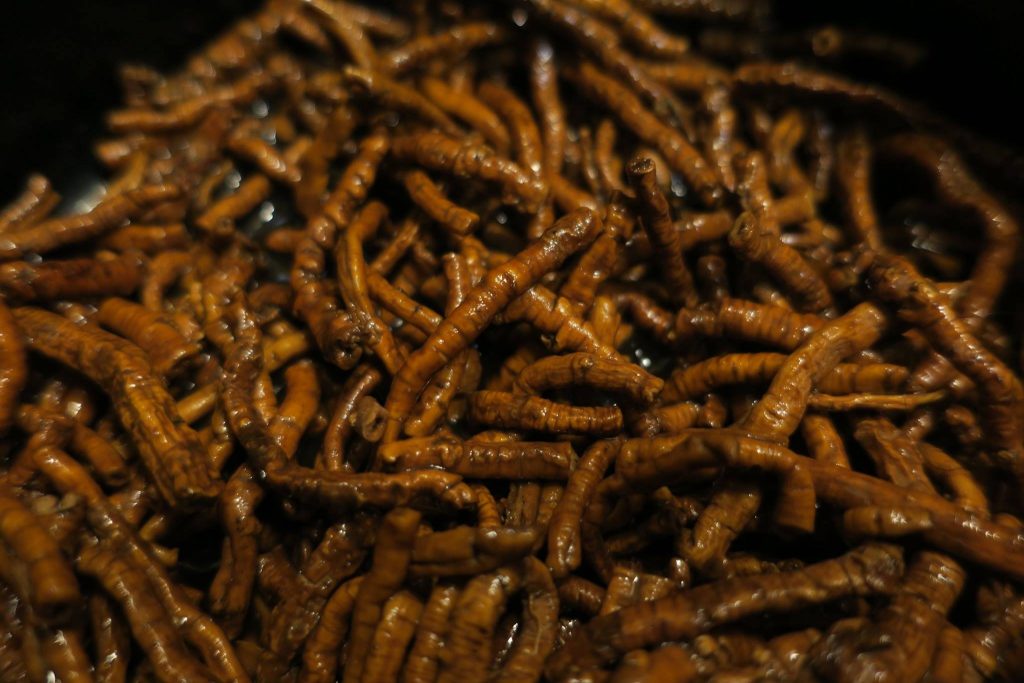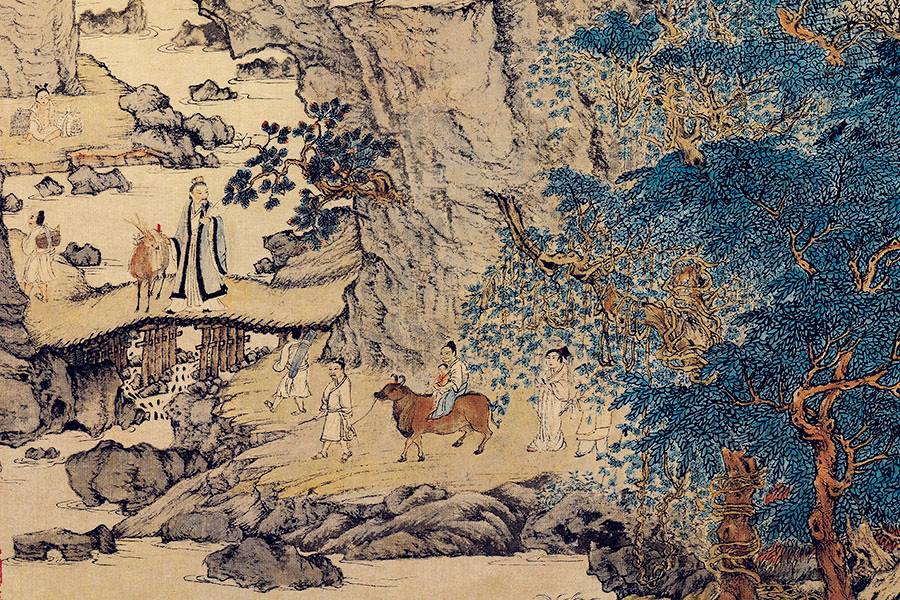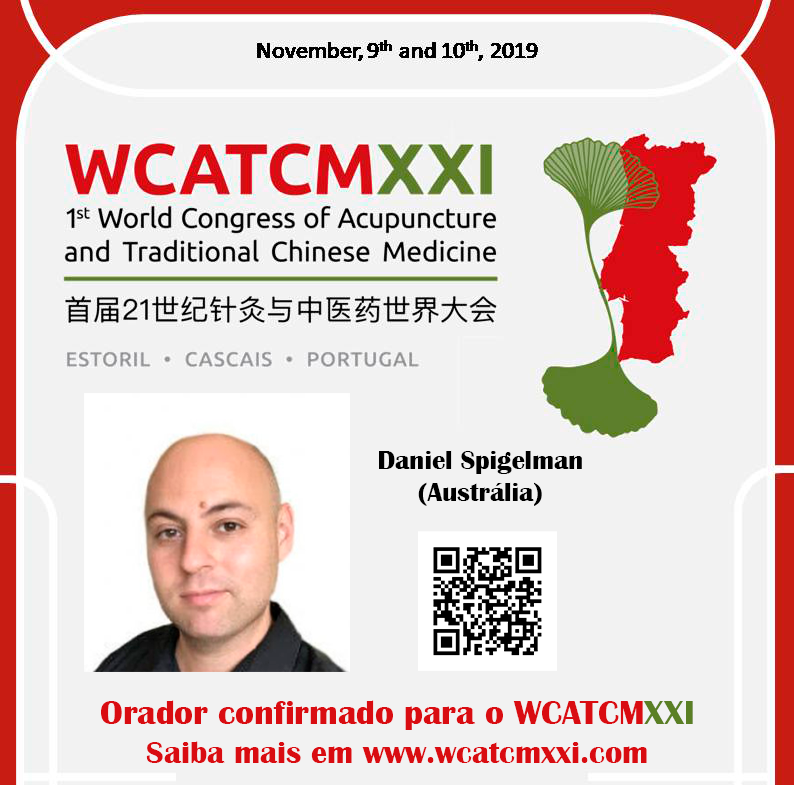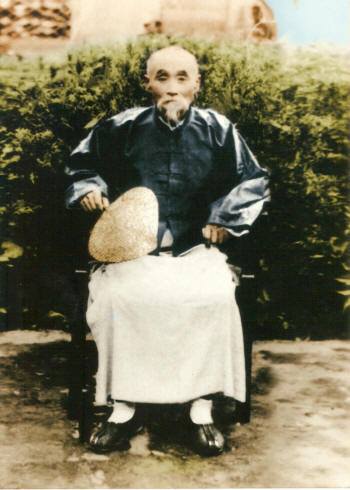Posts by Purple Cloud Admin
Purple Cloud Podcast #15 Robert Coons: Internal Elixir Cultivation
In this episode we talk to Robert Coons, Daoist practitioner author of Internal Elixir Cultivation: The Nature of Daoist Meditation, about the various internal practices of Daoism and his own practices and lineages. We also discuss his understanding of the meanings behind the different characters for Qi, namely 氣 and 炁, and how their relate…
Read MoreThe Master of Embracing Simplicity [Bao Pu Zi 抱朴子]: Excerpt Chapter 17: Ascending & Wading [登涉]
The Master of Embracing Simplicity [bao pu zi 抱朴子] Excerpt Chapter 17: Ascending & Wading [登涉] Part 2 Great Taboos 凡六癸为天藏,六己为地户也。又曰,避乱世,绝迹於名山,令无忧患者,以上元丁卯日,名曰阴德之时,一名天心,可以隐沦,所谓白日陆沈,日月无光,人鬼不能见也。又曰,求仙道入名山者,以六癸之日六癸之时,一名天公日,必得度世也。 Commonplace the Six Gui [1] are the Heavenly Storage, [while] the Six Ji [2] are the Earthly Door. It is also said to avoid the disorderly world, to sever off one’s traces in the…
Read MorePurple Cloud Podcast #14 – Mattias Daly: The Poetry of Quanzhen Daoism and the Mysterious Female
Much like Western religious traditions, there is a long history of commentary on seminal texts of Chinese philosophy and religion, most of which has yet to be translated. In today’s podcast interview with Mattias Daly, Chinese medicine practitioner and Daoist scholar, we explore the long tradition of commentary on the Dao De Jing, and go…
Read MoreHerbal Legends VIII: Ginseng 人參
A long time ago two monks, master and disciple, lived on Mount Cloud Dream in Could Dream Temple in the province Shandong. Every day the old master lit incense apathetically and prayed Buddhist hymns half-heartedly. He often went down to the valley to binge drink with his friends. But to his young disciple he behaved…
Read MorePodcast Ep.13 – Cheng Feng: Feather Beings
There are many arts found under the umbrella of Daoism, including alchemy, medicine, ritual and martial arts to name a few. Many of these are taught to visiting students of all backgrounds at the Five Immortals Temple in Wudang China by Abbott Du Song Feng. Loan Guylaine Cheng Feng has been a longterm student of…
Read MoreSmartness Soup 聰明湯
聰明湯 Smartness Soup 出自 Origin: 《古今医鉴》卷八 Eighth scroll of《Newly Amended Mirror of Ancient and Modern Medicine》 组成 Ingredients: 白茯神、远志肉(甘草水泡)、石菖蒲(去毛,一寸九节者)各三两。 Bai Fu Ling, Yuan Zhi Rou (soaked in Gan Cao water) [1] , Shi Chuang Pu (remove hairs, One-Cun- Nine-Sections type), each three Liang. 功用 Functions: 安神定志,宁心止忘 Calms Shen, settles the Will, pacifies the Heart and…
Read MoreGe Hong on the Earth’s Truth (Bao Pu Zi Extract)
抱朴子 卷三•地真 Master Of Embracing Simplicity Chapter 3• Earth’s Truth The following excerpt from Ge Hong’s《The Master of Embracing Simplicity》 [bao pu zi 抱朴子] chapter three has been translated as part of a preliminary research about the term Plain and Unadorned [pu su 朴素] [1], a concept at the core of the Daoists Lao Zi…
Read MorePurple Cloud Institute at the World Congress of Acupuncture and Traditional Chinese Medicine
Daniel Spigelman will be representing the Purple Cloud Institute at the World Congress of Acupuncture and Traditional Chinese Medicine XXI 2019 in Portugal later this year with an in depth lecture and practical workshop on the historical significance of Dao Yin traditions in healing disease and promoting health in ancient China – stay tuned for…
Read MorePodcast Ep.12 – Dapeng Liu: How to Look at a Chinese Painting
China has a long tradition of painting which differs in many ways from traditions in the West, in particular uses of perspective and how painting was intended to be viewed. In this episode of the podcast we talk in depth with artist Dapeng Liu (www.dapengliu.com) about these differences, which can help provide us with a…
Read MoreWho Was Wang Feng Yi 王鳳儀?
Who Was Wang Feng Yi 王鳳儀? (The following is an extract from the Prologue of “Discourse On Transforming Inner Nature: Hua Xing Tan” by Wang Fengyi, Translated by Johan Hausen and Jonas Akers) “Wang Fengyi was born on November 1, 1864 in Wang Jia Yin Zi village, Chaoyang, Liaoning province, China…Due to poverty Wang Fengyi…
Read More
